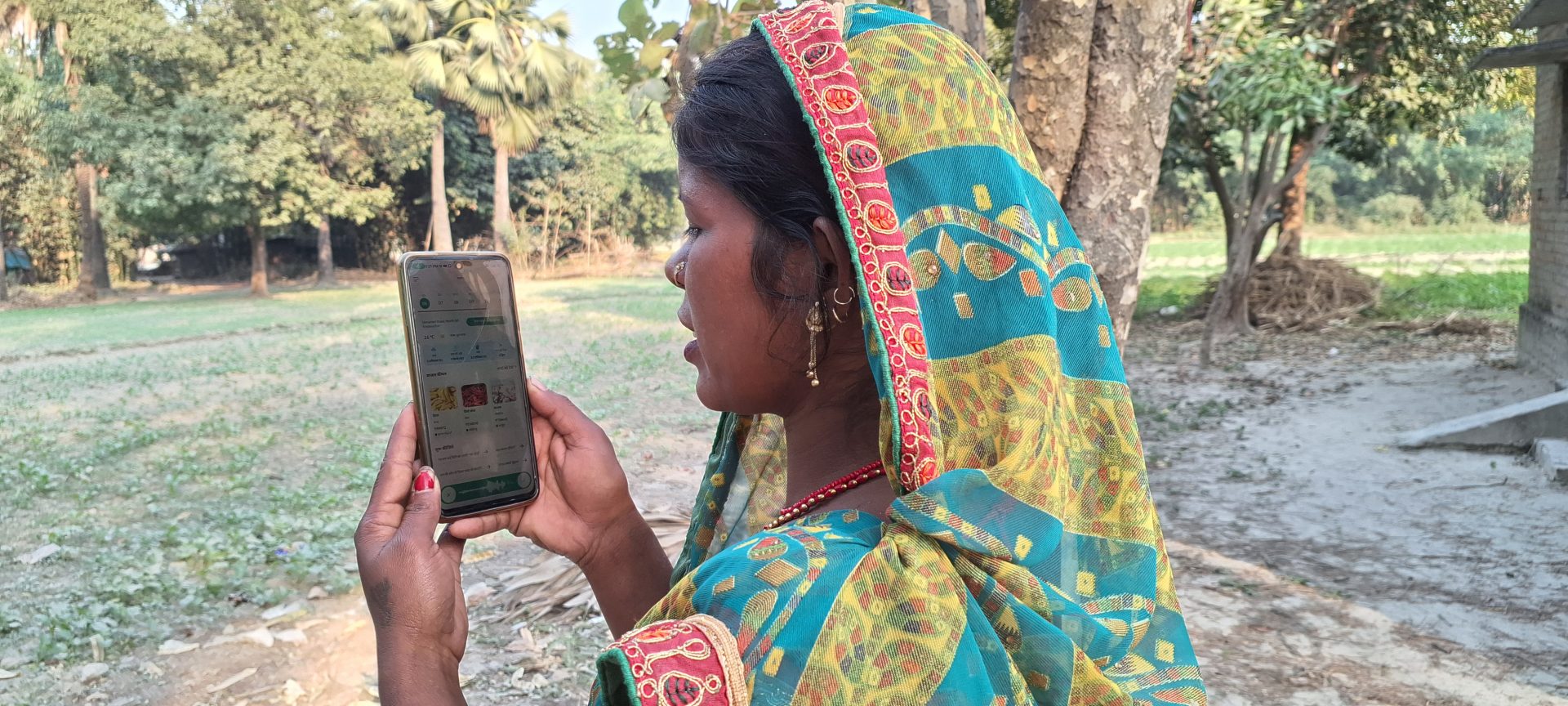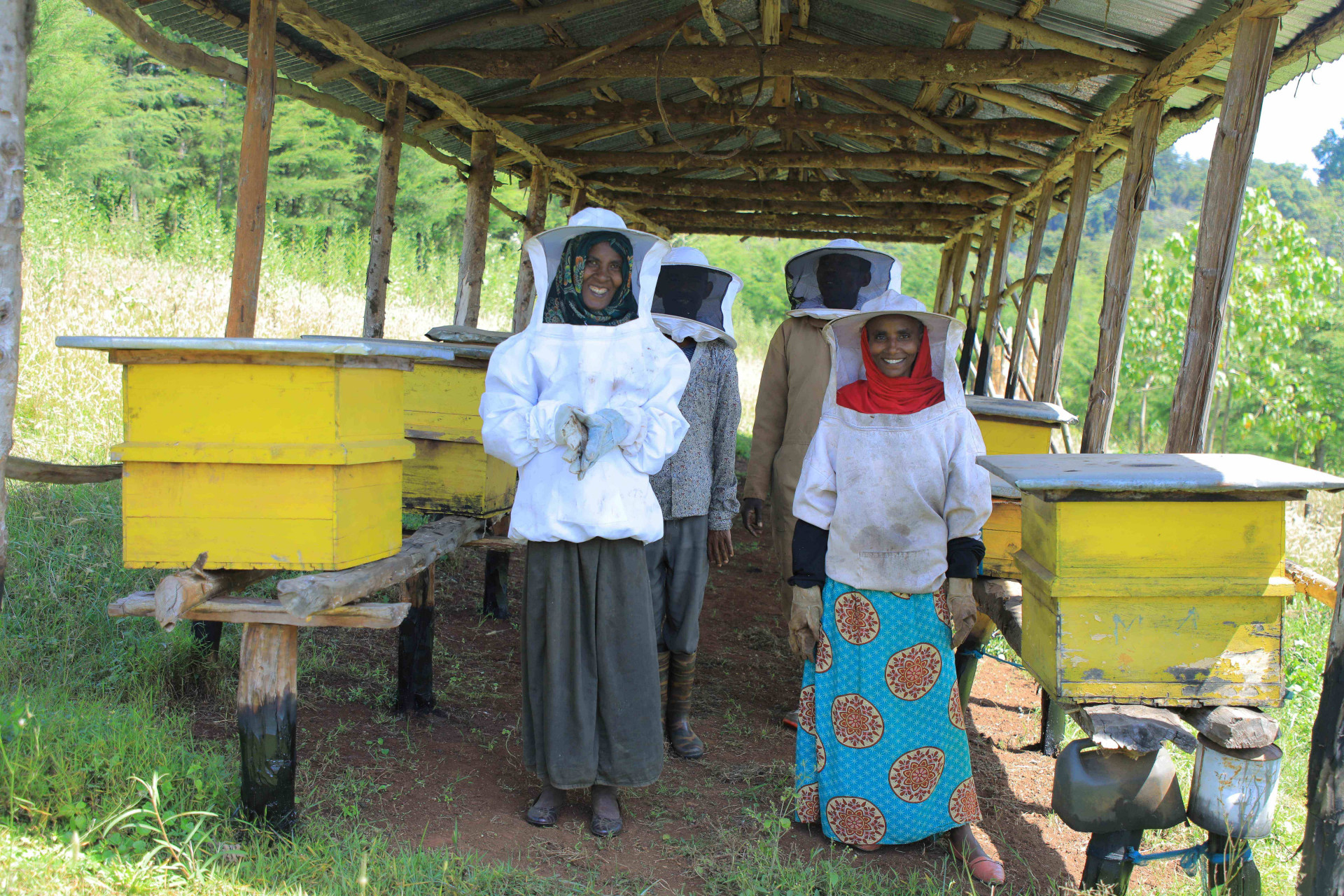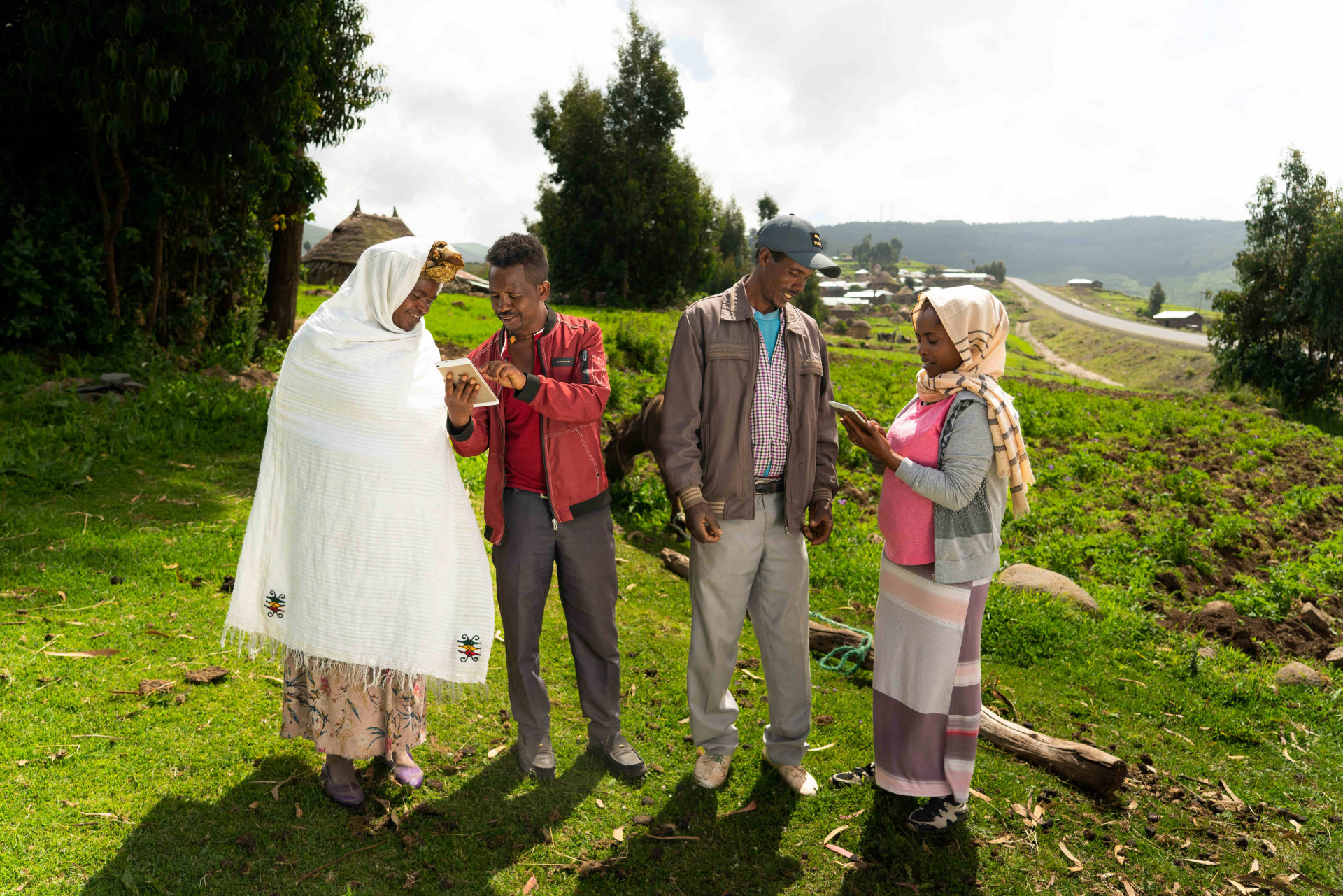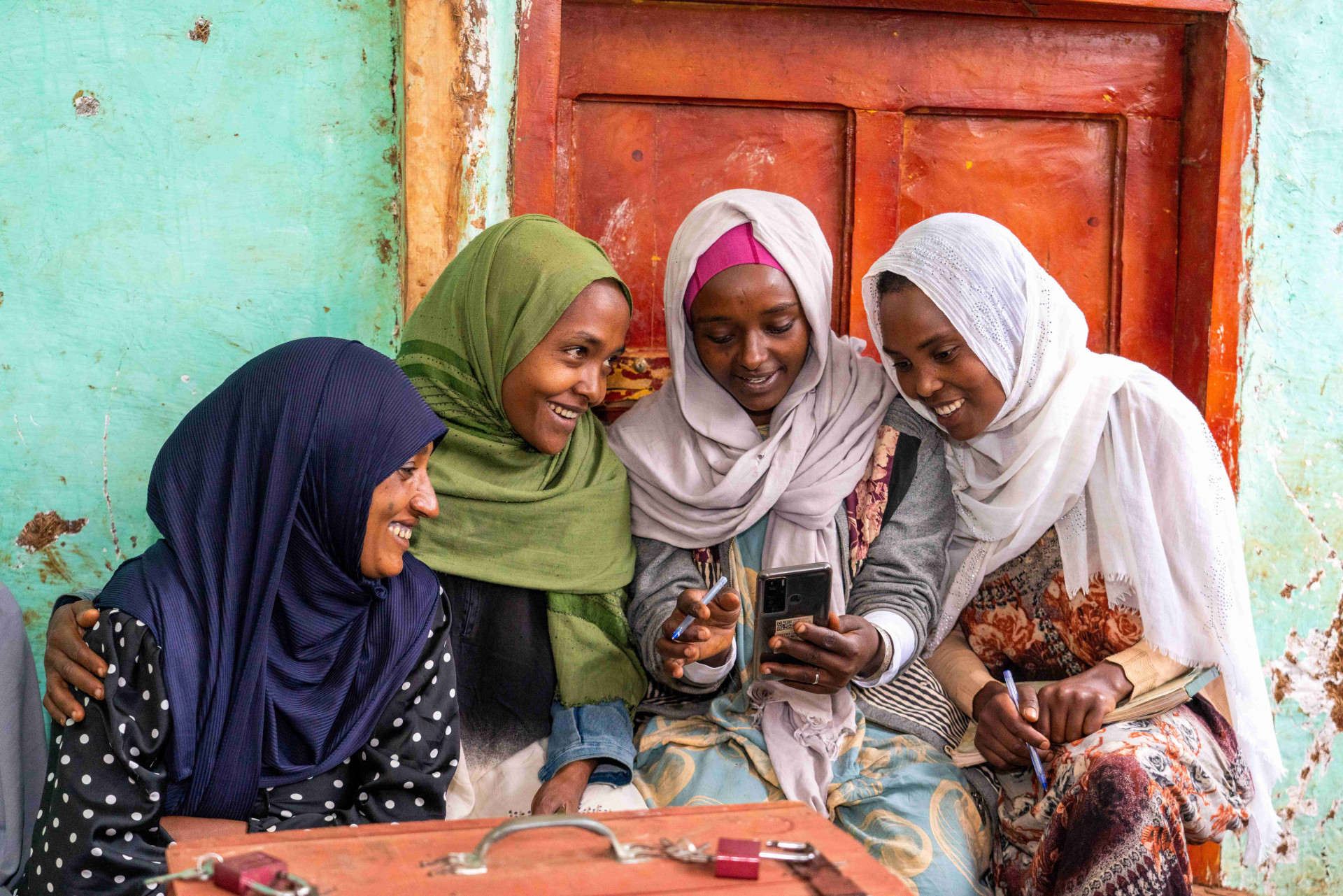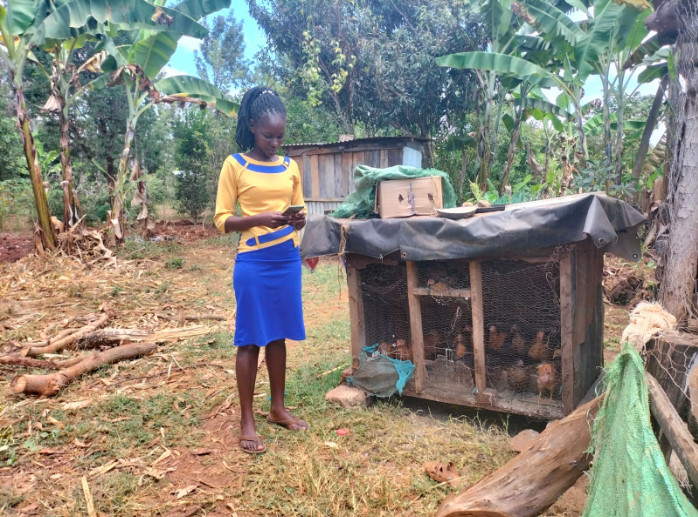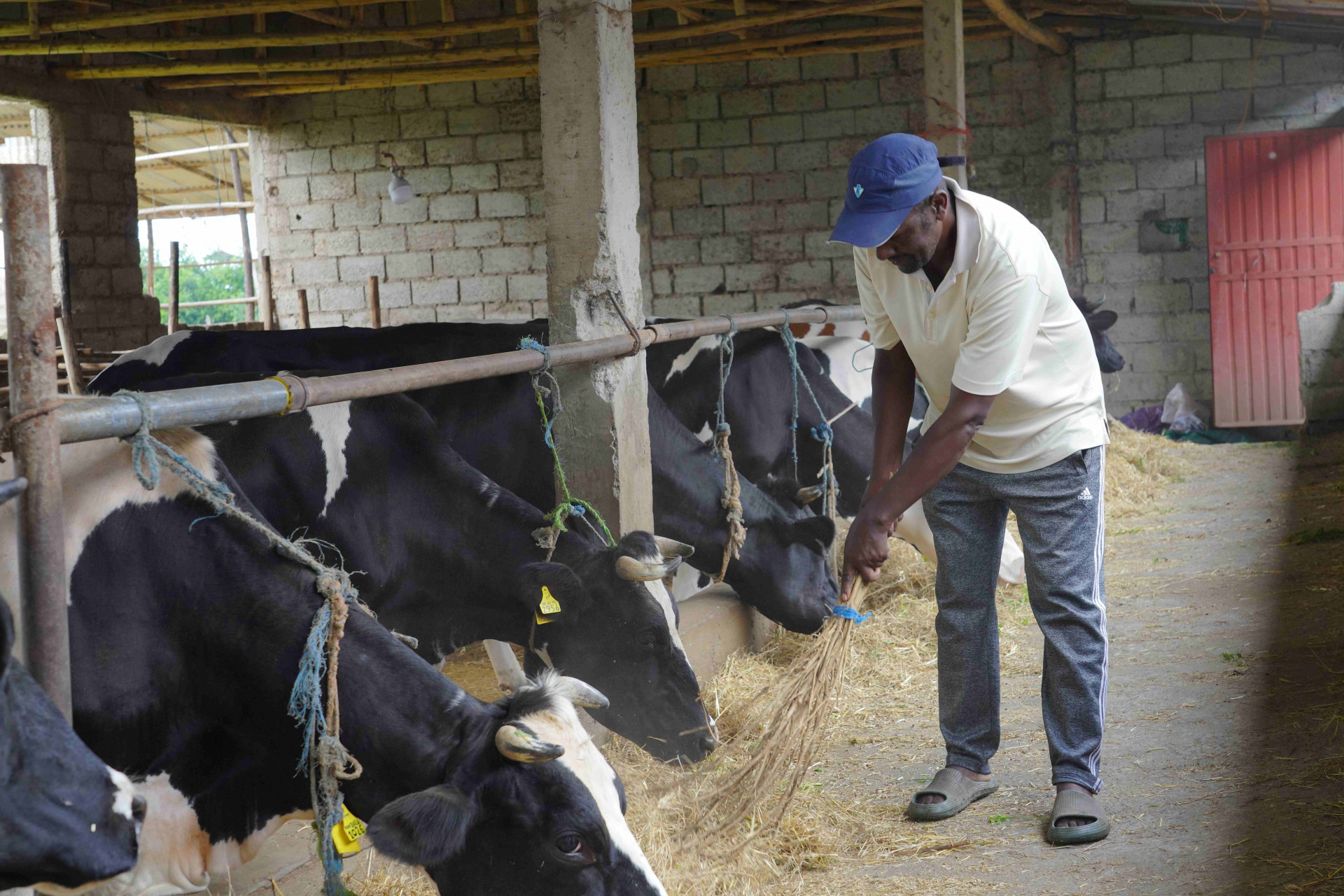At Digital Green, we believe the best information for a farmer comes from another farmer. Since 2008, we’ve used technology to scale that community wisdom. Today, our partnership with OpenAI has reached a new milestone: FarmerChat, an AI-powered assistant delivering real-time, localized advice to over 1 million users across India, Kenya, Ethiopia, Nigeria, and Brazil.
The Tech Behind the Harvest: Powered by OpenAI
The partnership between Digital Green and OpenAI isn’t just a technical milestone; it’s an economic breakthrough. By fine-tuning efficient models like GPT-4o Mini rather than relying solely on massive frontier models, we provide high-quality, consistent responses while slashing infrastructure costs. This ensures the long-term sustainability of the platform.
“FarmerChat is making it easier and less expensive for agricultural extension agents to provide smallholder farmers in India with timely, accurate data about where to grow specific crops and how to protect them from drought and disease,” said Anna Makanju, Vice President of Global Affairs at OpenAI.
We aren’t just building an app; we are embedding FarmerChat into the very fabric of public extension services and telecom networks. The results of a 2025 impact study conducted by 60 Decibels show that this approach is working:
- Actionable Advice: 70% of farmers reported applying FarmerChat’s recommendations on their farms within 30 days.
- Closing the Gap: 73% of users are accessing digital advisory services for the first time, democratizing knowledge that was previously out of reach.
- Local Success: In regions like Madhya Pradesh, India, farmers have successfully pivoted to organic pest control, leading to healthier soil and higher yields.
By combining the reasoning power of OpenAI with our deep-rooted community partnerships, we are helping farmers build resilience against a changing climate—one query at a time.
Radical Efficiency, Real Impact
The partnership isn’t just a technical success; it’s an economic one. By fine-tuning smaller, highly efficient OpenAI models instead of relying solely on massive frontier models, we’re able to provide consistently high quality responses and reduce infrastructure costs, ensuring long term sustainability.
“FarmerChat is making it easier and less expensive for agricultural extension agents to provide smallholder farmers in India with timely, accurate data about where to grow specific crops and how to protect them from drought and disease,” said Anna Makanju, Vice President of Global Affairs at OpenAI.
By embedding FarmerChat in public extension workflows, partnering with telecom networks, and building a robust community of field level partners, we’re
The Future: From Advisory to Agency
Our journey with OpenAI is just beginning. We are currently preparing to integrate OpenAI’s Operator, an advanced AI agent, into FarmerChat.
This will transform FarmerChat from a tool that gives advice into a partner that takes action. Soon, a farmer won’t just learn about the best fertilizer; FarmerChat will be able to compare local prices and facilitate the purchase directly, bridging the final gap between knowledge and the field.
As our CEO Rikin Gandhi says: “The goal is for FarmerChat to become a true partner—understanding individual farmers and connecting them to local solutions in real time.”
